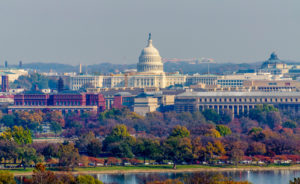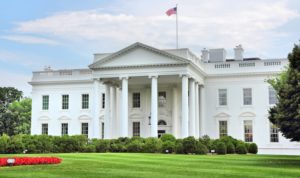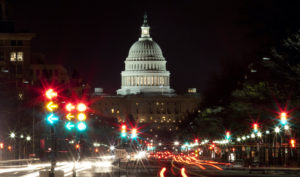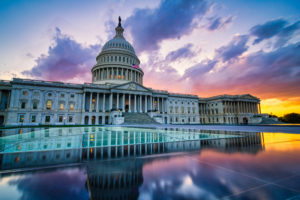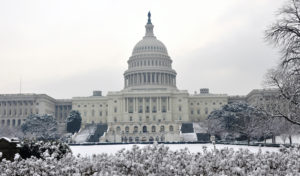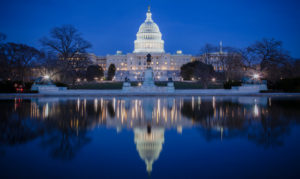Rules for the Rule-Makers
ACUS releases a recommendation for how agencies should regulate their rulemaking procedures.
Using Artificial Intelligence in Administrative Agencies
ACUS issues a statement to help agencies make more informed decisions about artificial intelligence.
Publication of Policies Governing Agency Adjudicators
To enhance transparency, agencies should publish information about adjudicators on their websites.
Transparency and Privacy in Public Rulemaking Dockets
A new ACUS recommendation seeks to balance transparency with privacy when agencies disclose rulemaking comments.
Improving the Accessibility and Transparency of Administrative Programs
The Administrative Conference issues recommendations to enhance fairness and transparency in administrative government.
The Administrative Shallow State
Scholars argue that federal advisory committees help align agency decision-making with electoral politics.
Featured Regulatory Series of 2020
The Regulatory Review revisits its series published over the past year.
Top Staff Essays of 2020
The Regulatory Review highlights the top regulatory stories written by our staff in 2020.
Top Contributor Essays of 2020
The Regulatory Review highlights the top essays written by our contributors in 2020.
The 2020 Regulatory Year in Review
The Regulatory Review presents its leading essays from the past year.
Tearing at the Mask of the Administrative State
How should actors within the administrative state grapple with the questions Black Lives Matter poses?
The Past and Present of Racism in the Administrative State
Creating an anti-racist administrative state requires confronting and dismantling historic, systemic racism.

